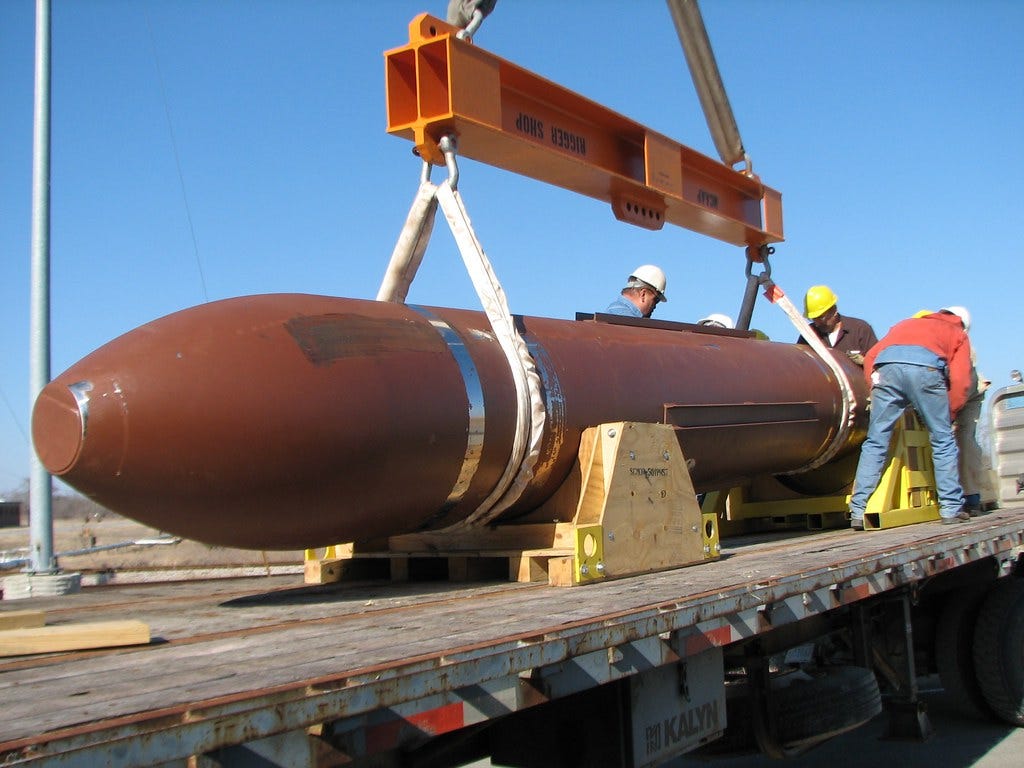The peace to end all peace: Was this America's most obfuscated war?
Trump's attack on Iran was accompanied by an extraordinary level of deception and outright denial.
“WAR IS PEACE.”
— from Nineteen Eighty-Four
Previous American presidents have been dishonest about the causes and extent of our wars and confused about their goals and enemies. The current regime’s innovation is to dissemble about the very nature and existence of a war.
Before a government can convincingly justify a war, identify its enemy and explain its mission to the public — let alone claim any overall strategy or legal basis — it helps immensely to acknowledge that a war is in fact being waged. And yet to hear Donald Trump and his lieutenants tell it, their war is not a war at all.
In his first remarks after joining Israel’s conflict with Iran on Saturday, Trump used the word “peace” repeatedly while making no mention of war, apparently theorizing that dropping our superlative explosives on the ayatollahs’ aspirational ones constituted an act of diplomacy.
“Iran, the bully of the Middle East, must now make peace,” Trump said. “If they do not, future attacks would be far greater.” Luckily, less than a day later, the president announced that his war-making had already produced international comity: “CONGRATULATIONS WORLD,” he shouted into the internet, “IT’S TIME FOR PEACE!”
By the following day, Trump was announcing a “Complete and Total CEASEFIRE” bringing the war to an “Official END,” catching a number of officials — and missiles — off guard. He even took credit for all the war he wasn’t waging, pointing out that the fighting “could have gone on for years” and “destroyed the entire Middle East.” So, you know, look at the bright side!
Even when the president did acknowledge the conflict, it was to minimize it by christening it the “12-DAY WAR,” as if to suggest that a war so short, decisive and done with, as he would have it, hardly qualifies as such. At a NATO summit Wednesday, he reiterated that the war was “over” even though it could “start again … soon.”

Trump’s underlings resorted to even more oxymoronic deconstructions. Marco Rubio asserted that our war against Iran was “not a war against Iran” — kind of like how the same man can act as secretary of state and U.S. archivist at the same time. JD Vance, the vice president and noted wordsmith, advanced the novel proposition that wars are fought not by countries but by distinct bureaucracies within them: “We’re not at war with Iran,” he said. “We’re at war with Iran’s nuclear program.”
This must have been a huge relief to the people of the nations so widely and wrongly thought to be at war — or at least those not among the hundreds killed in the hostilities, many of them civilians.
Effectively erasing the reality of those human costs of a war is only the most grotesque consequence of insisting that it is not one.
Trump entered into the conflict in the absence of any imminent threat from Iran and without so much as briefing members of Congress or our allies, never mind seeking their assent. Should we be disturbed that one man can unilaterally take our putative democracy to war for any reason he deems sufficient? Perhaps not if it wasn’t really a war in the first place.
Impeding Iran’s acquisition of a nuclear weapon was the administrations most frequently cited rationale for entering the conflict, but both Israeli Prime Minister Benjamin Netanyahu and Trump expressed interest in toppling the country’s government altogether. The immediacy of the nuclear threat, meanwhile, was in serious doubt even within the administration. Should we be concerned about such imprecision about the goal of the war? Pretending it isn’t a war serves to preempt any need to answer the question.
What the assault achieved is similarly uncertain: While Trump claimed the targeted nuclear sites had been “completely and fully obliterated,” U.S. intelligence reportedly indicated that the Iranian program suffered only a minor setback. Should we have undertaken a war for so little? It doesn’t matter if we did no such thing.
Even the advertised obliteration of Iran’s nuclear sites wouldn’t have permanently dispensed with the theocracy’s potential or ambition to acquire a weapon of mass destruction, particularly amid such reminders of its military inferiority. The only hope for preventing such nuclear proliferation over the long term is through diplomacy.
Having undone the Obama administration’s deal with Iran and undermined efforts to replace it, Trump hasn’t just waged one war; he has endorsed war over diplomacy with Iran in general, with all its lasting, unforeseeable and possibly dire repercussions. No wonder he won’t call it what it is.




Trump's comments in Amsterdam are a joke. He claims the DOD's Defense Intelligence Agency initial analysis is wrong because "it's only been three days", when he himself waited barely three hours to declare Iran's nuclear facilities "obliterated".
He went on to argue that it's obvious these facilities were destroyed because "all you have to do is look at the pictures" -- as though the DIA didn't analyze the same photos (and no doubt many more) in much more detail and depth than Hurricane Sharpie Clown could ever hope to muster.
Trump is at war with the concept of a shared reality. Ok, maybe he's ok with the "reality" that Fox and the other MAGA media create and try to maintain since it's their attempt to use whatever he's saying this day or moment as the structural basis for what they advance. Trump is the ultimate solipsist, I think.